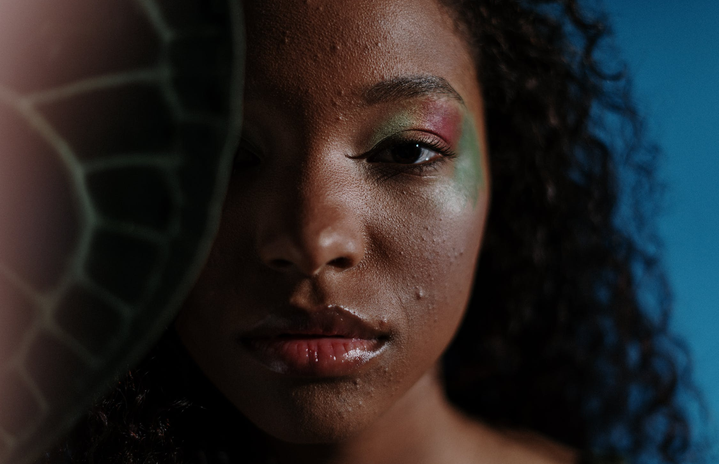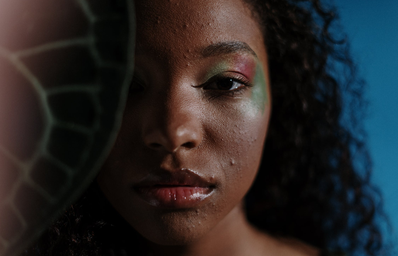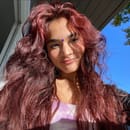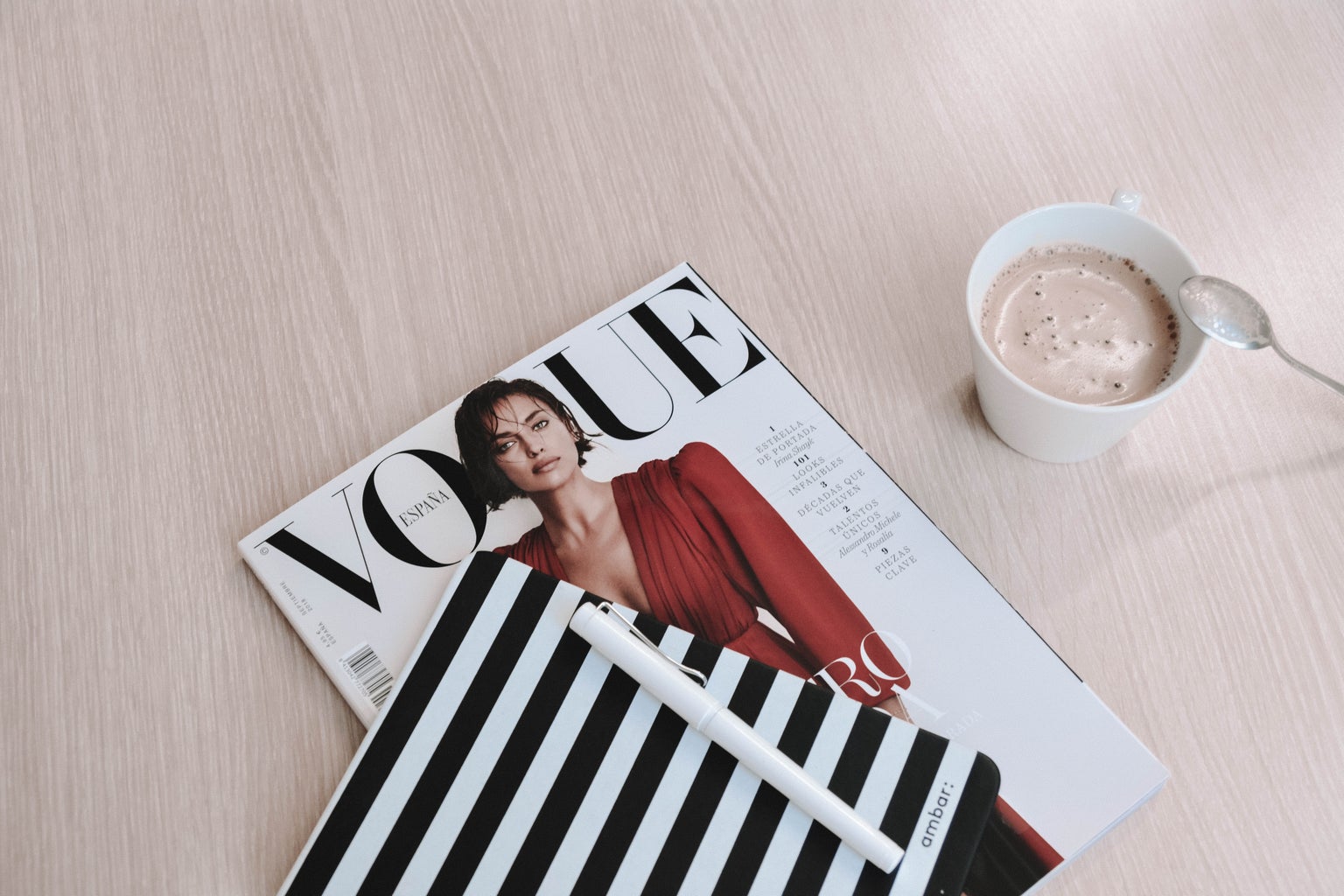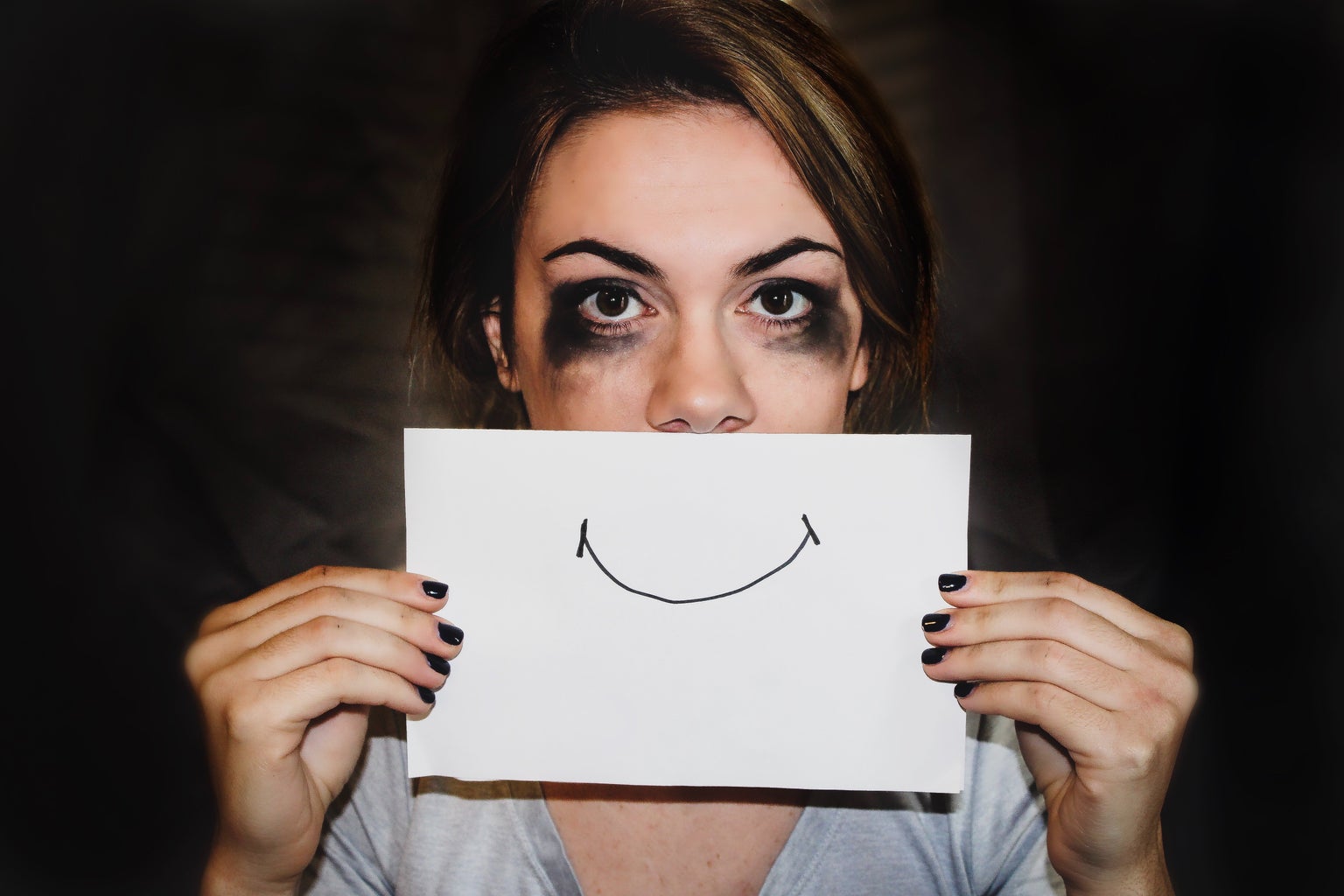Growing up as a brown girl, I chased after and attempted to “fit in” for a very long time. I aspired to be like the other females at my school who were quite well-liked. I despised my almond-shaped eyes, heavy thick brows, curly thick hair, and skin hue. I put so much effort into attempting to improve my appearance just so I could feel even the tiniest bit of approval and conform to the so-called “beauty standards.” The origins of my self-hatred and fears didn’t become clear to me until I was an adult, had started college, and realized that they were directly related to the absurd and toxic beauty standards — particularly the way that the beauty standards are depicted on social media. Learning to confront my insecurities and self-hatred, and most importantly to stop comparing myself to others, is what helped me learn to love myself and become a more secure individual.
In our society, toxic beauty ideals are a major problem. We have established a bar for ourselves that is not just unattainable but also unrealistic. Growing up, I was so insecure that I continually compared myself to others until I developed a strong dislike for my ethnicity and appearance. We are continuously exposed to heavily altered images of so-called “Instagram models” in this generation due to easy access to social media and as a result, we start to think that we should also look like them. Children begin to question if there is something wrong with them when they look in the mirror and see that they don’t look like the models they watch on television. Nobody should ever have to experience this. For women and minorities, representation in society and the media is crucial. Minorities who are excluded feel as though they don’t conform to society’s standards of beauty.
These beauty standards have horrible impacts on people. This constant comparison and self-doubt can develop into more significant problems and have a negative impact on our mental health. In addition to causing body dysmorphia and disordered eating, it also exacerbates anxiety and sadness. Low self-esteem, self-harm, and even suicide are then encouraged by this. All of these problems are undeniably related to beauty standards, and they all continue to get worse every year.
Extremely high societal expectations for women must stop being imposed upon us. These expectations start to cause self-hatred and confidence issues at an early age. Because we spend so much of our lives trying so hard to conform to these norms (which should instead be tailored to fit everyone realistically), trying to conform to beauty standards is mentally and physically exhausting. I’m hoping females will realize someday that beauty is subjective. Since these ideals of beauty are always shifting, women can never hope to conform.
